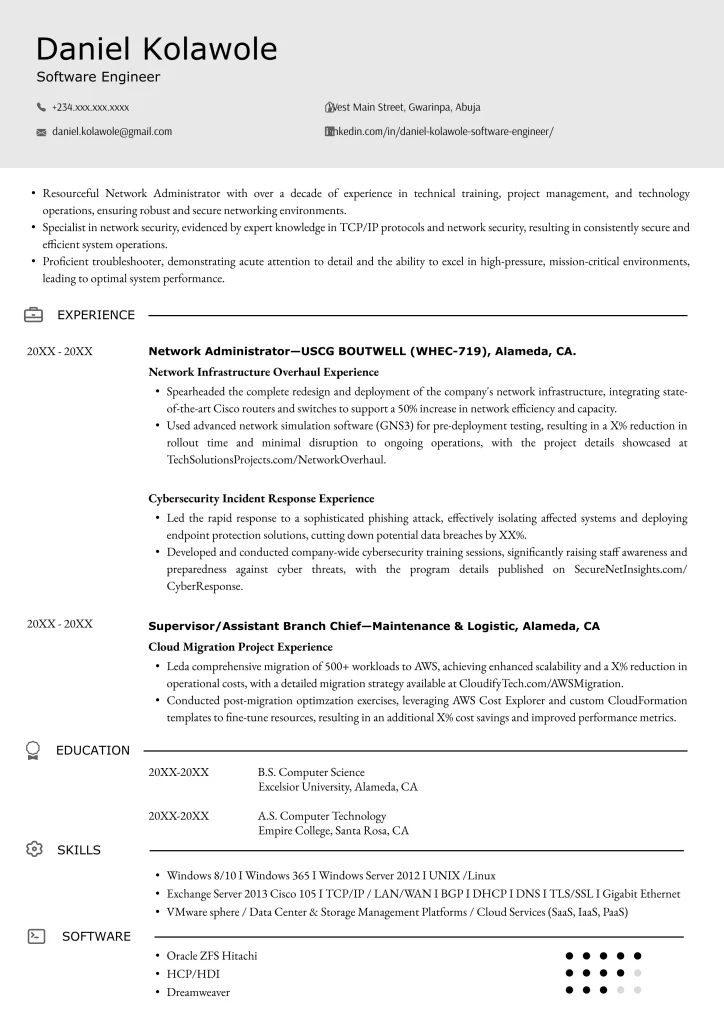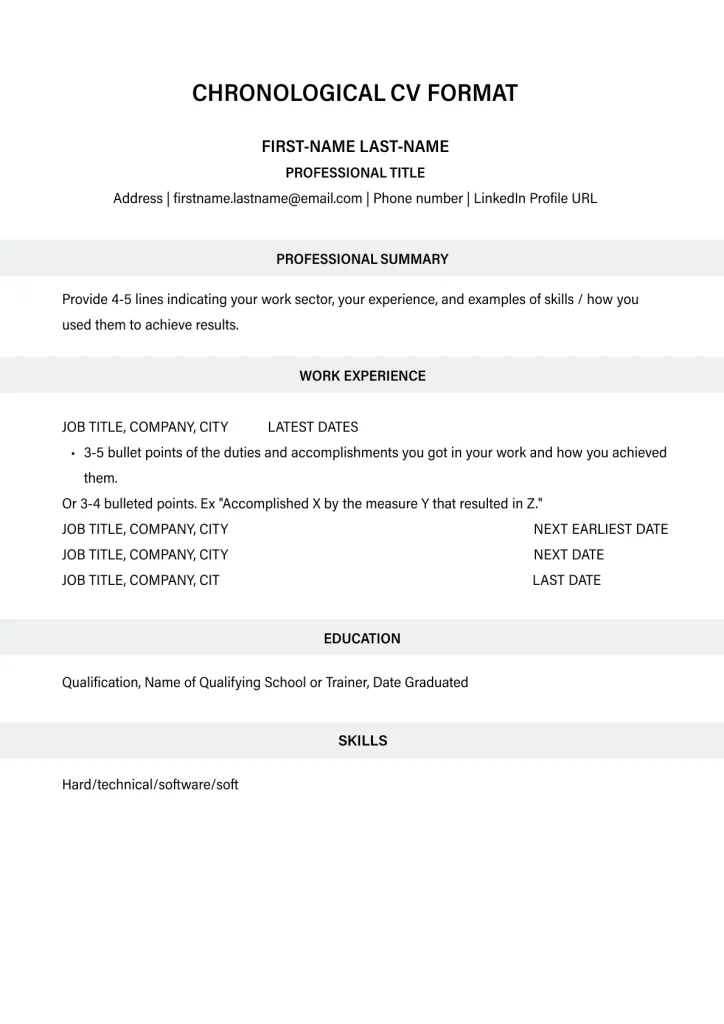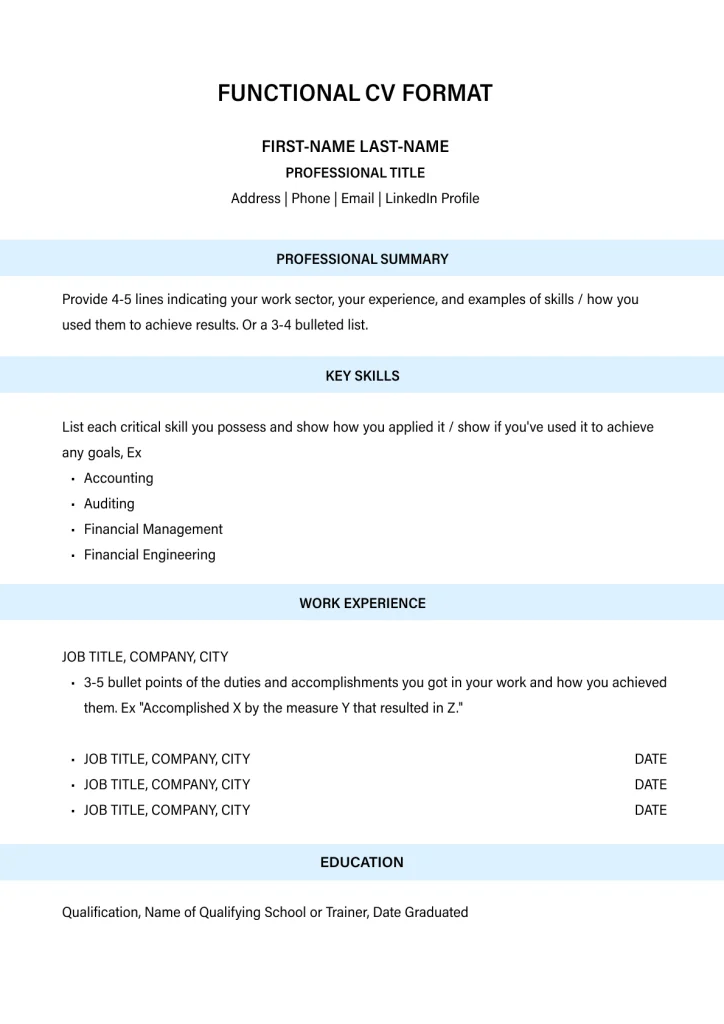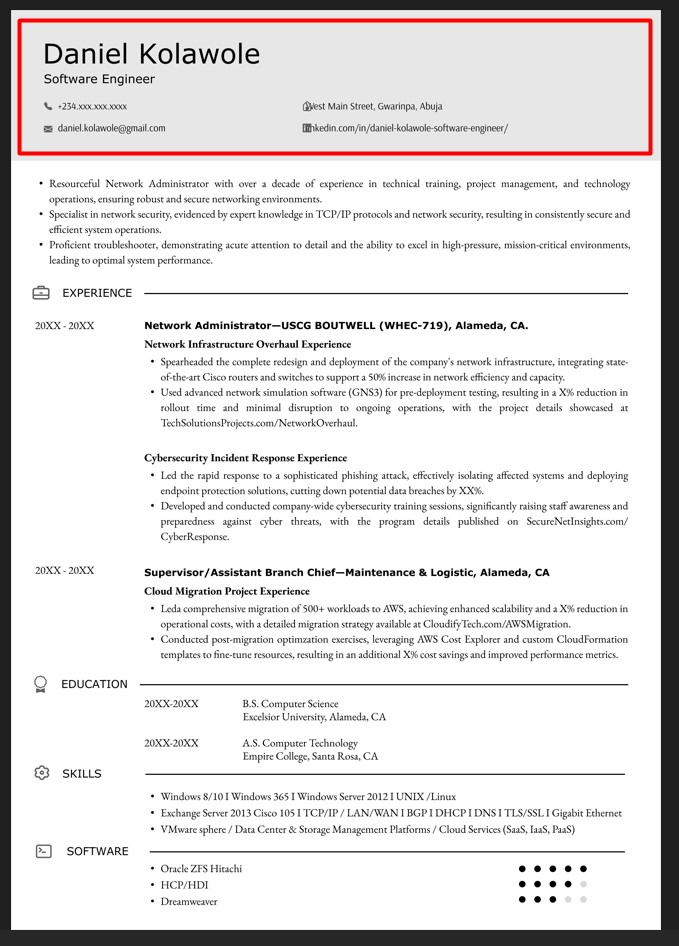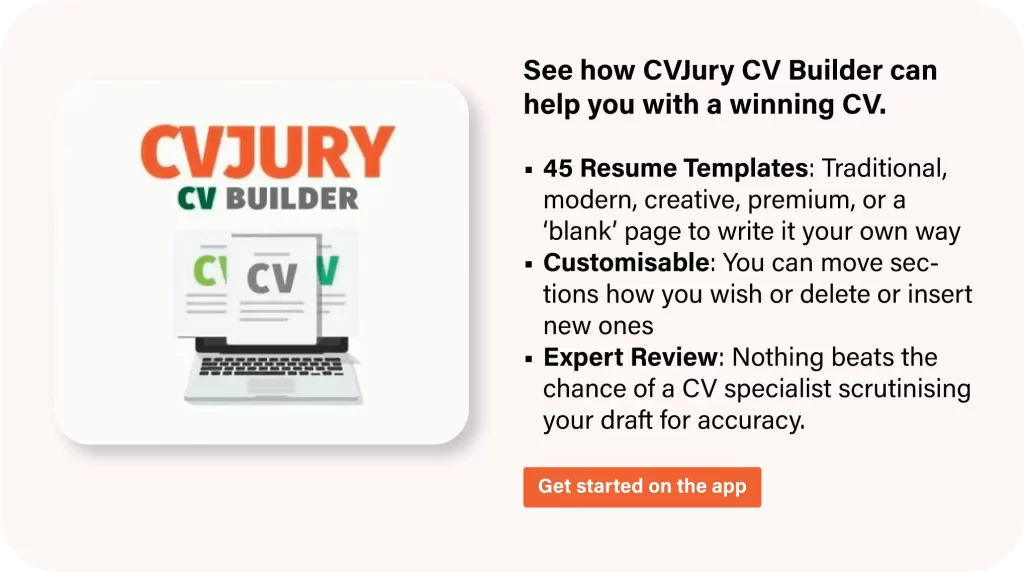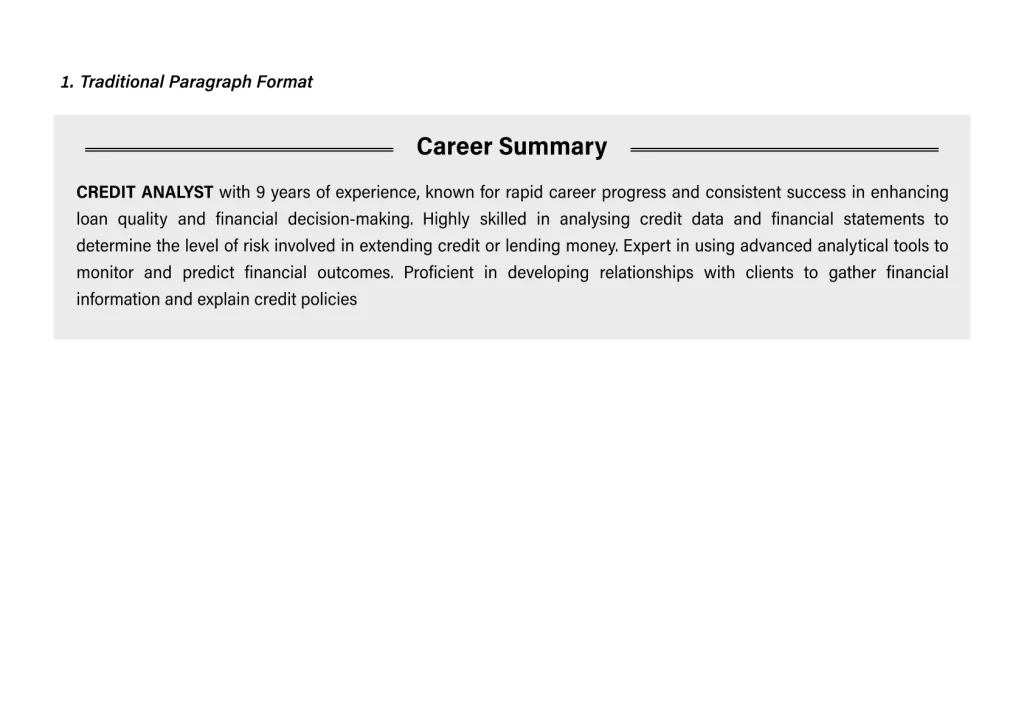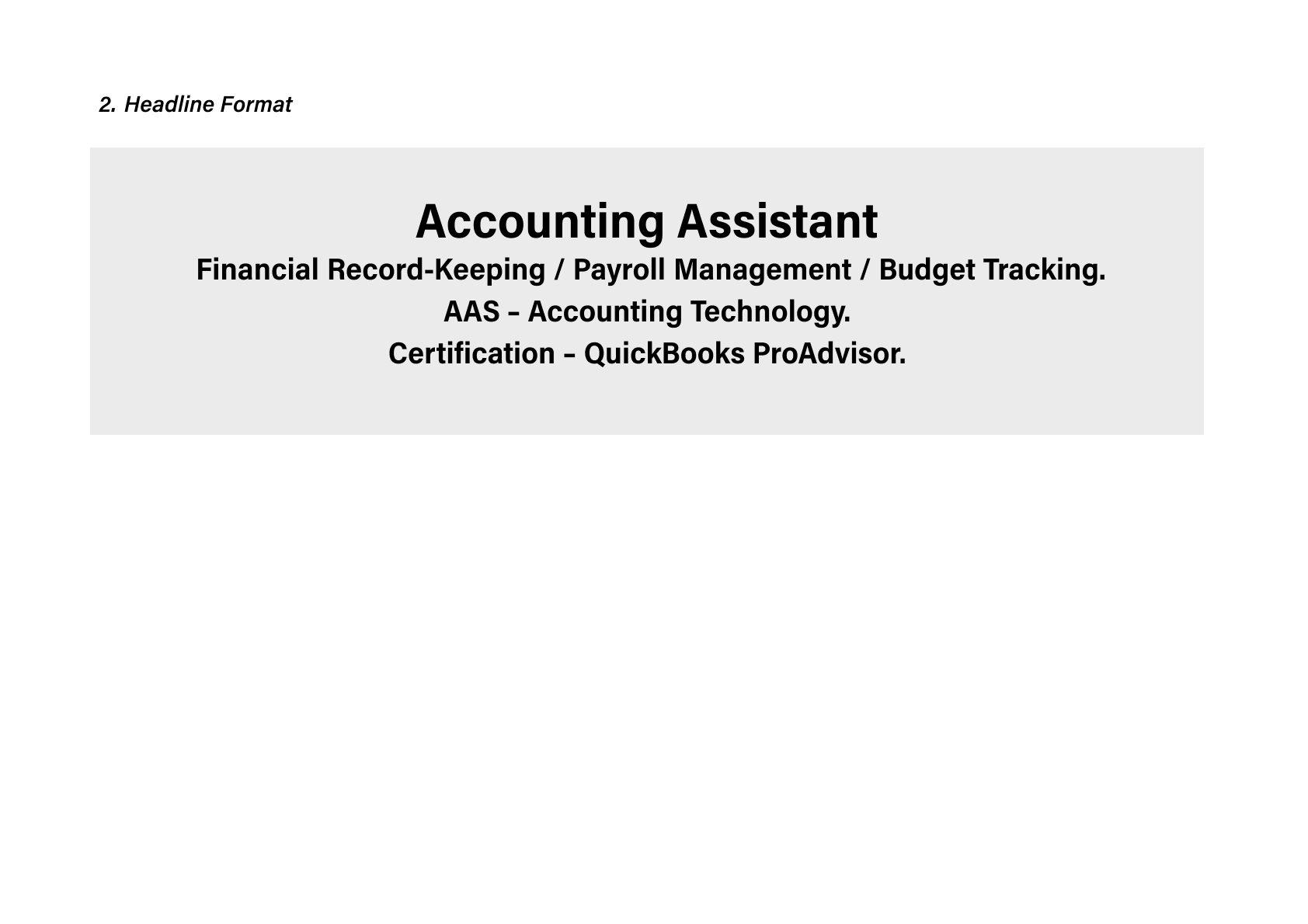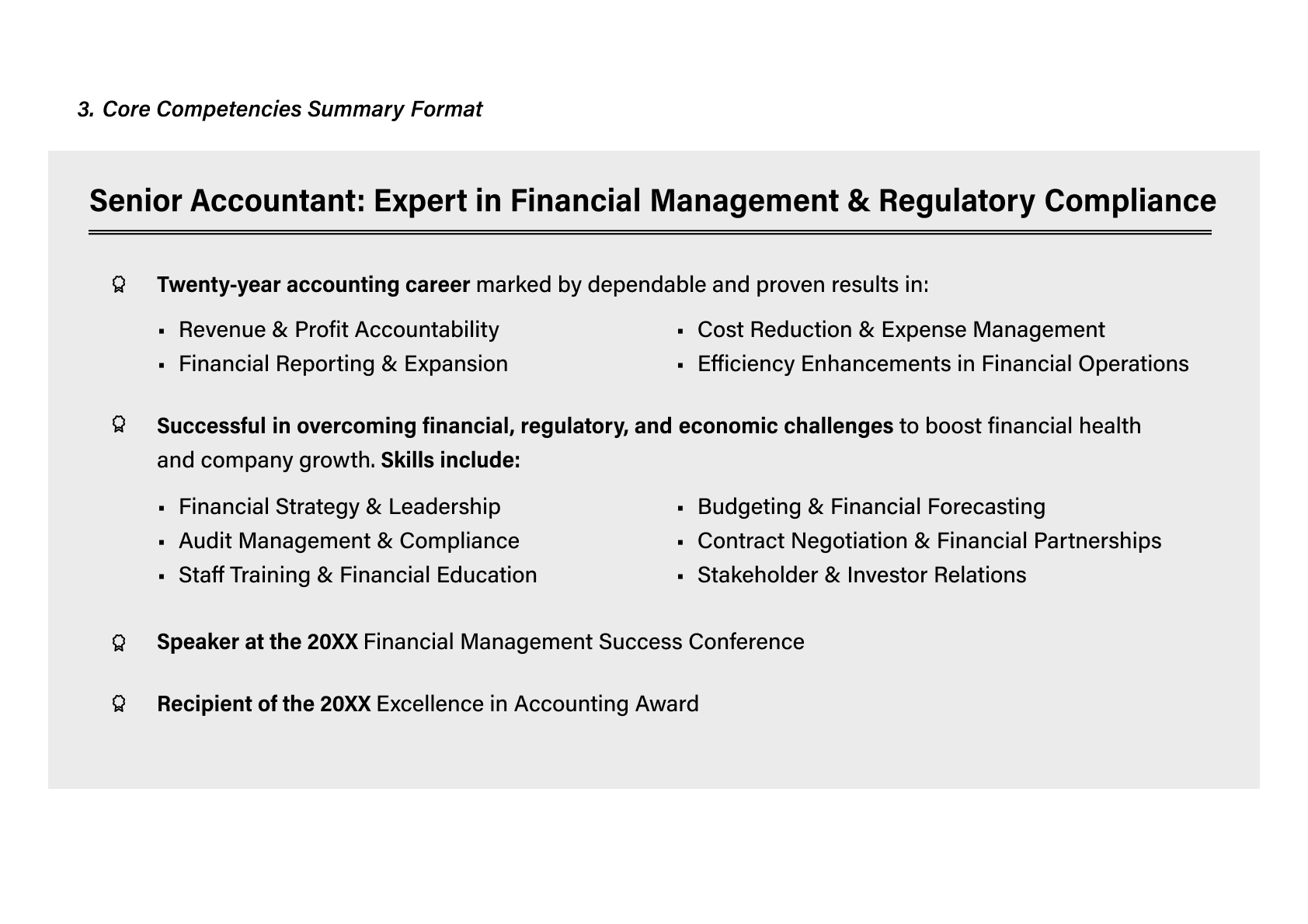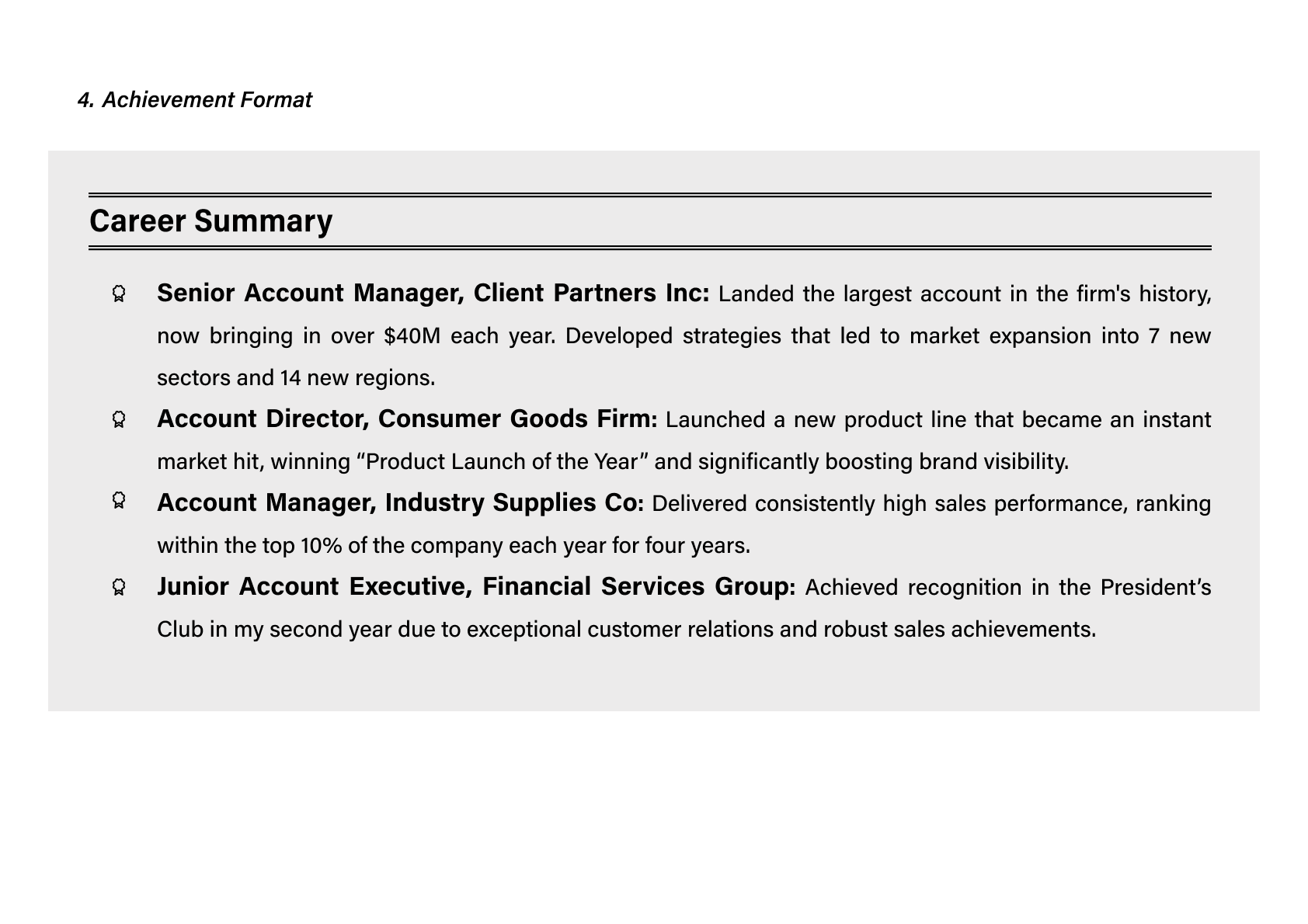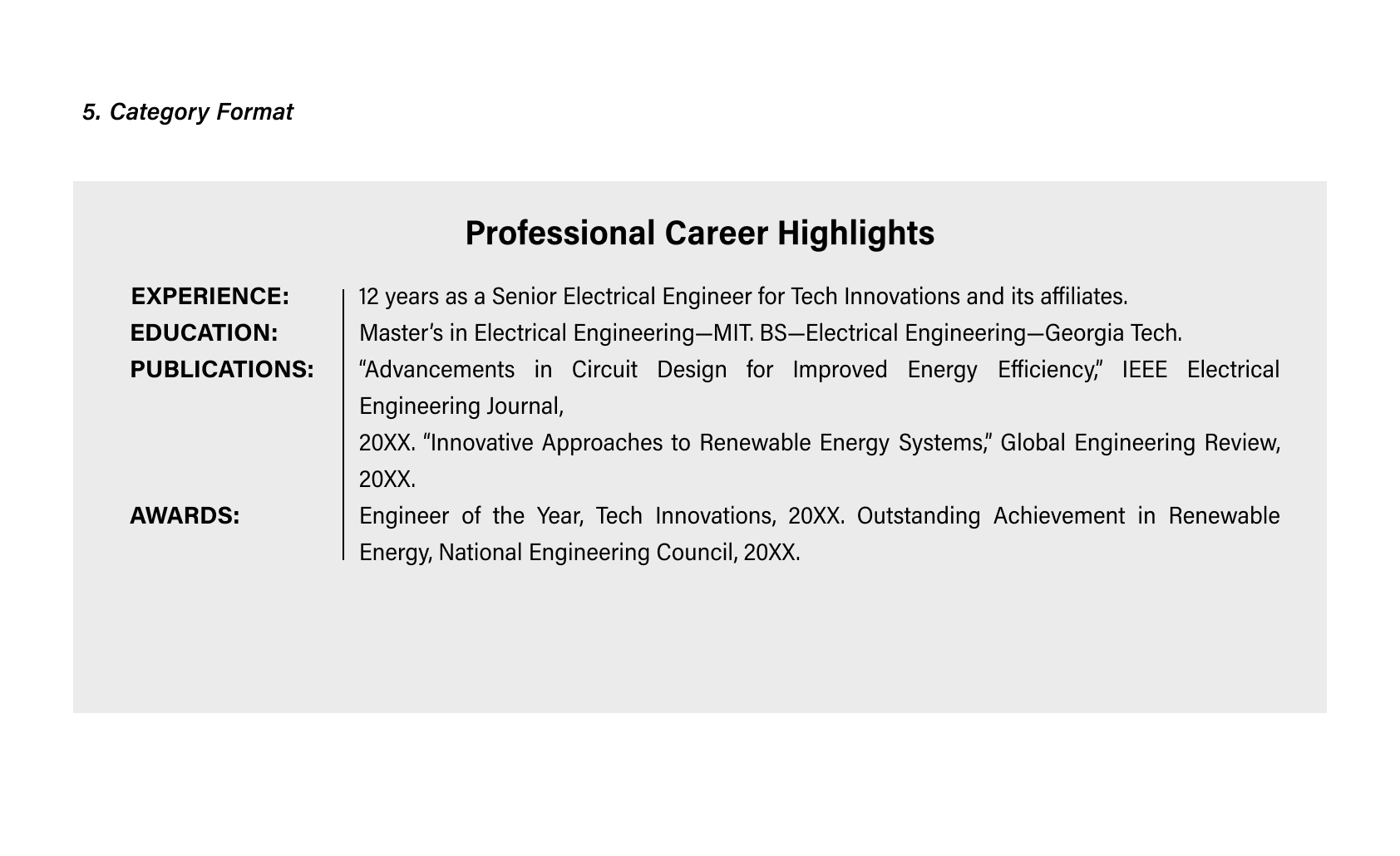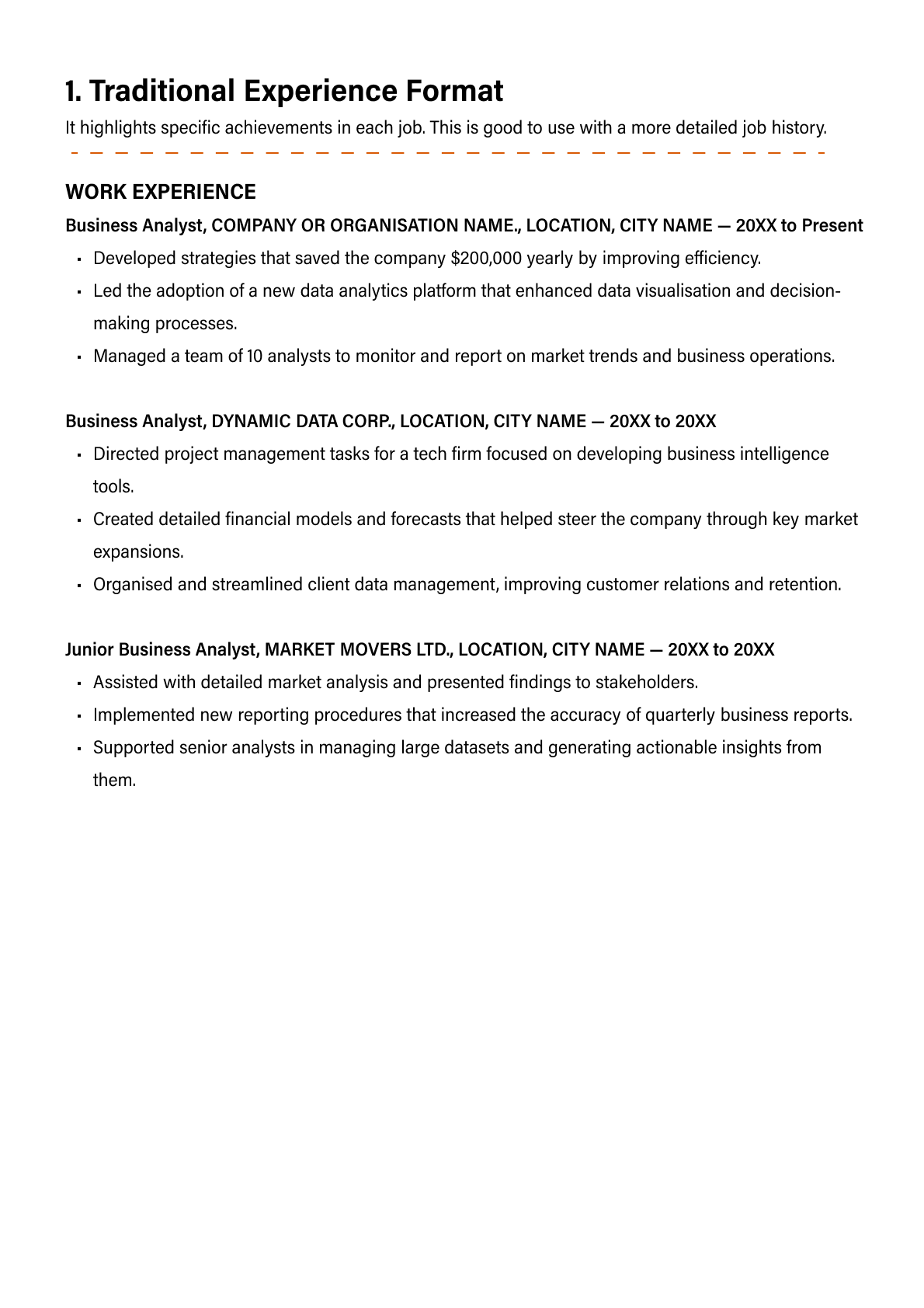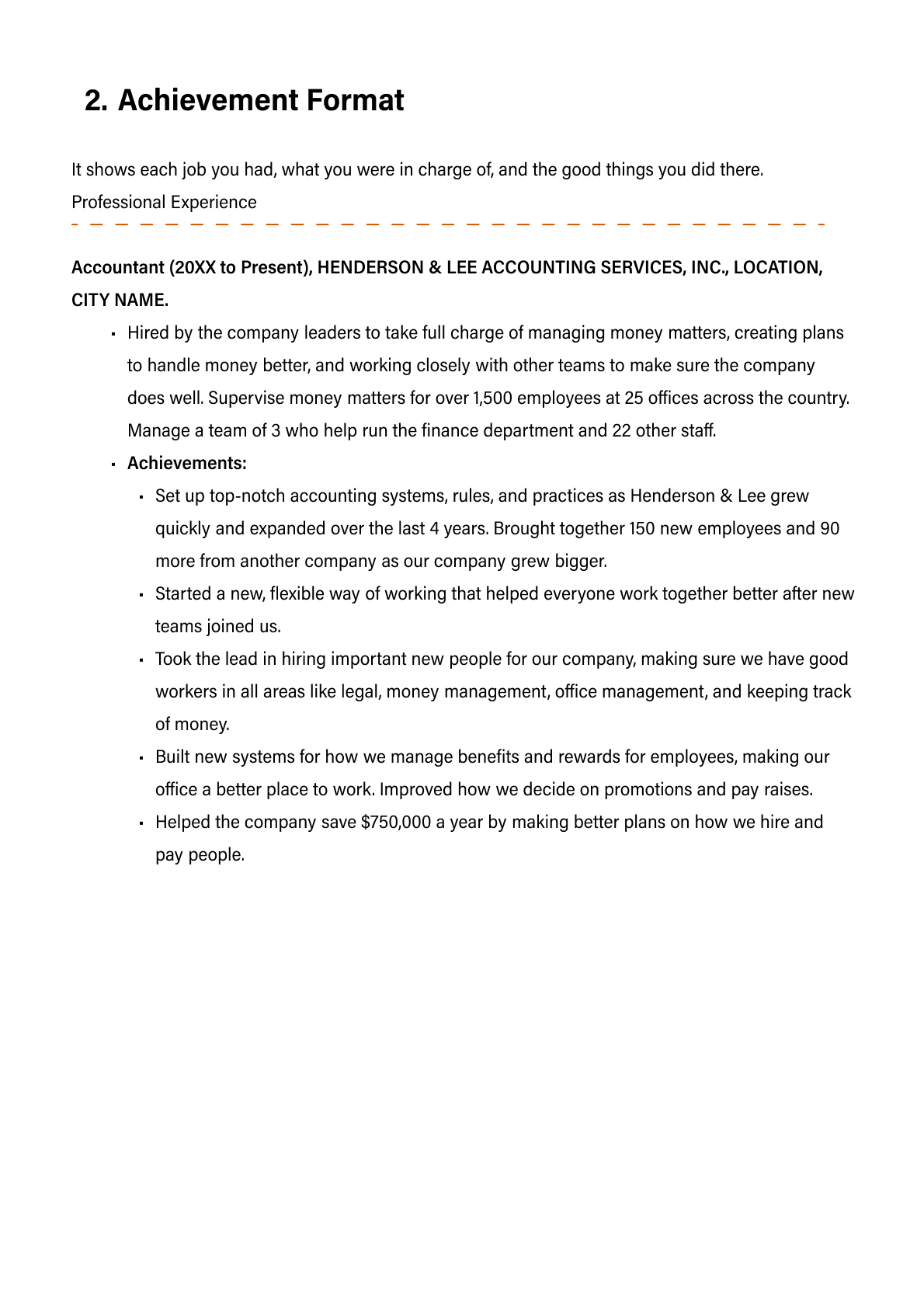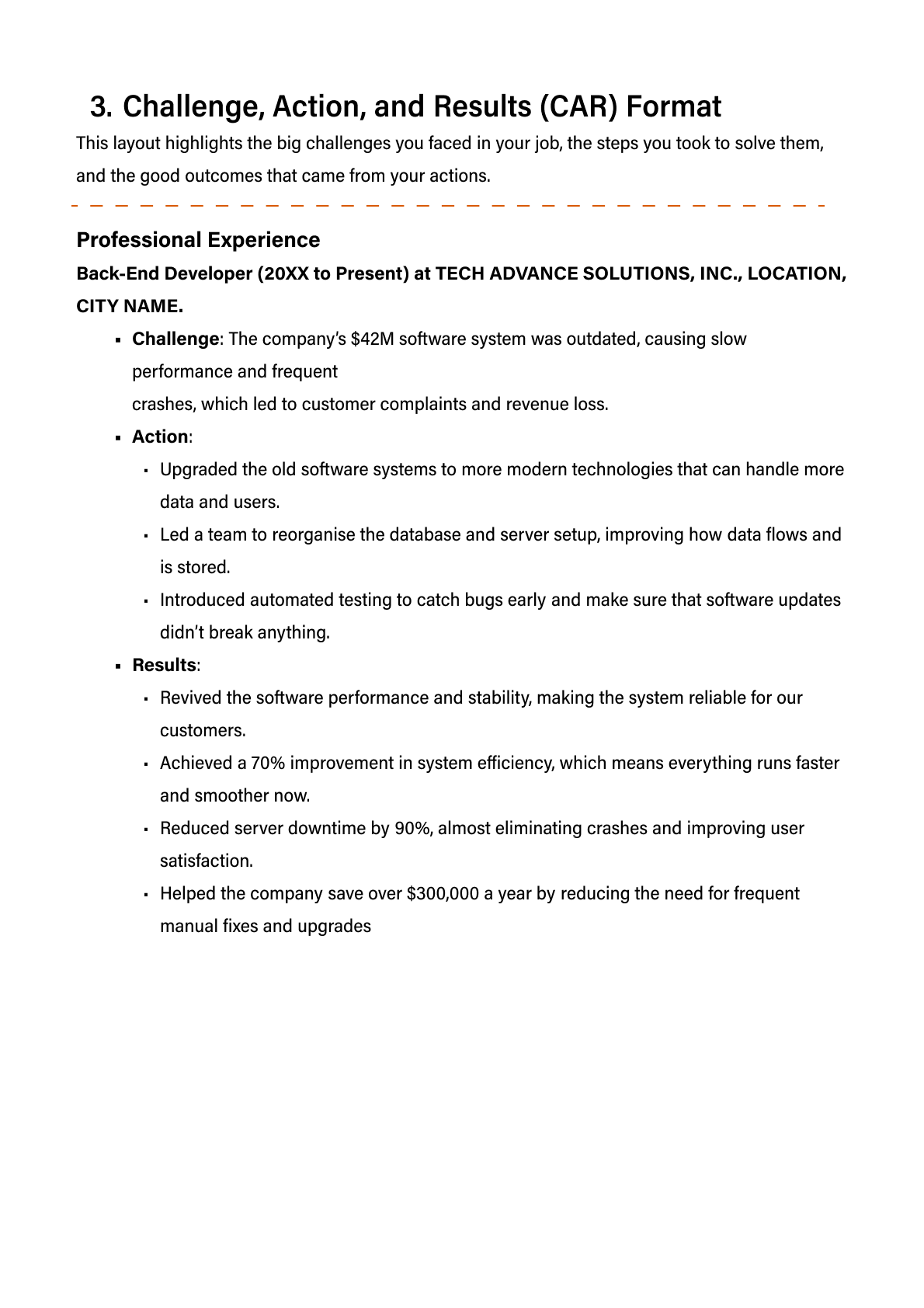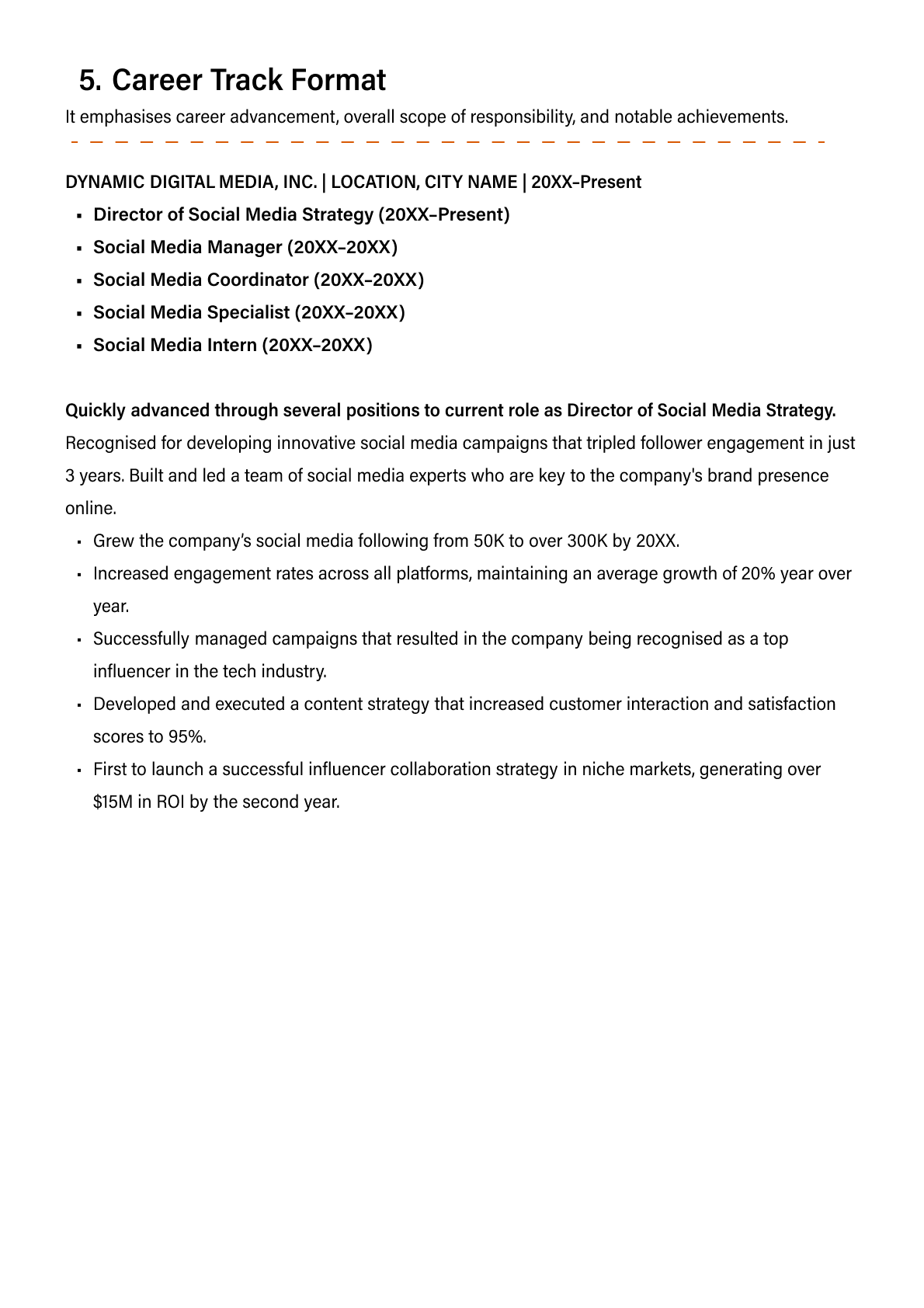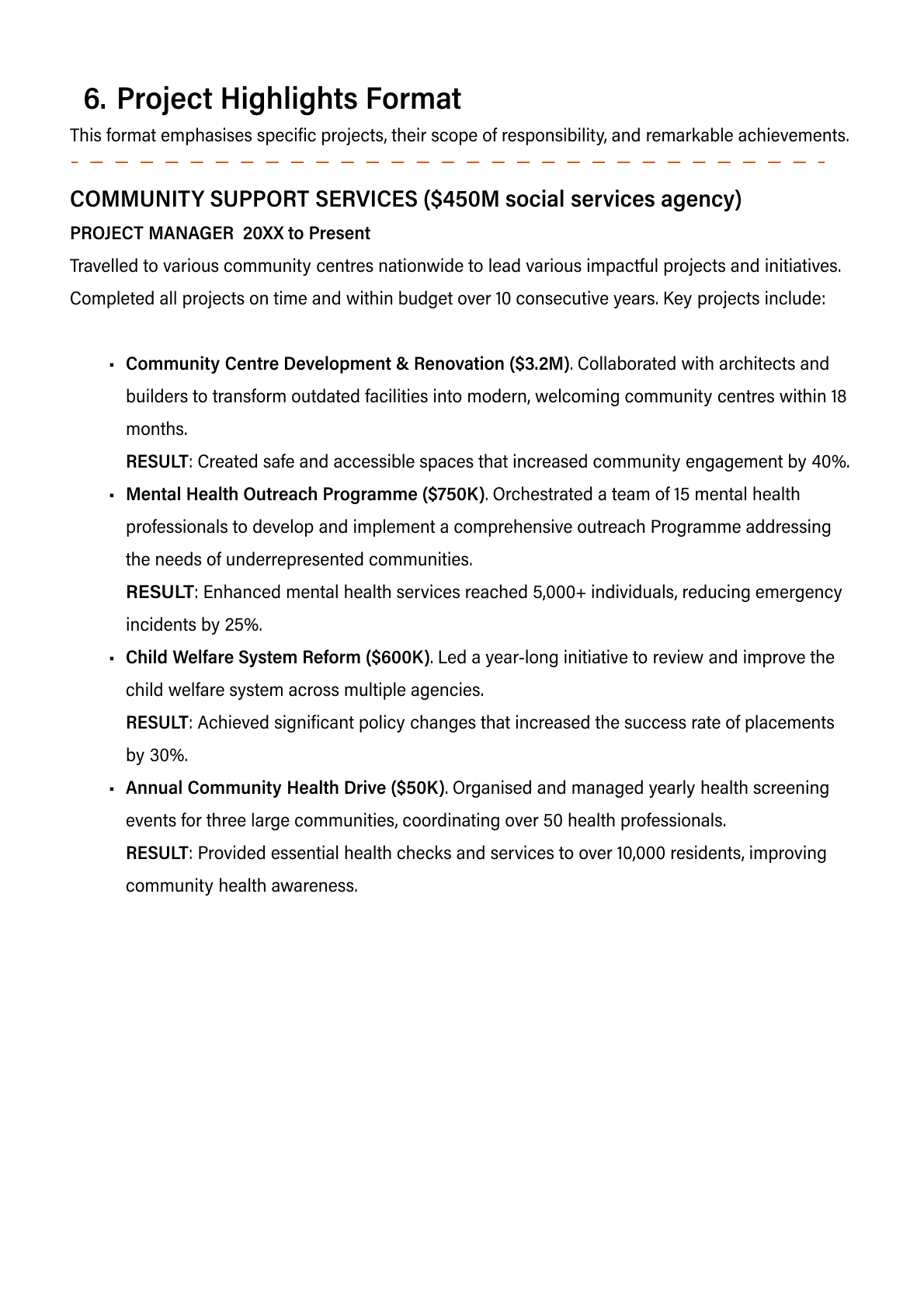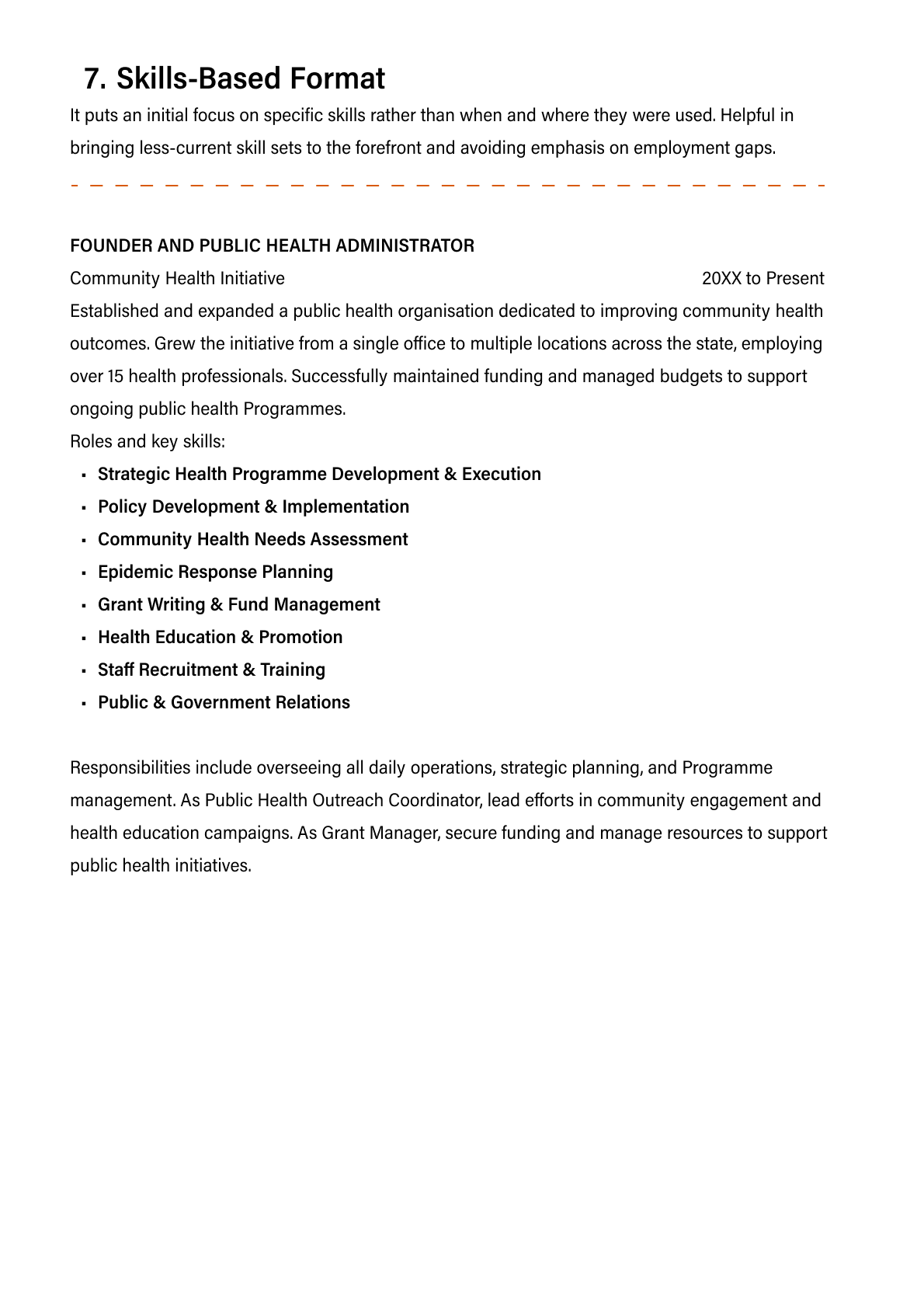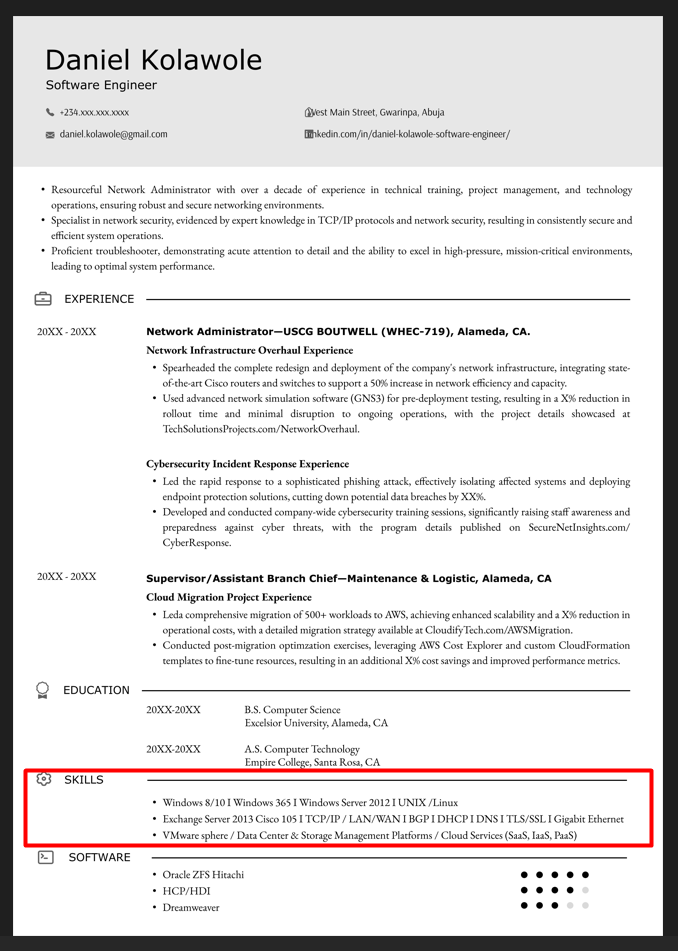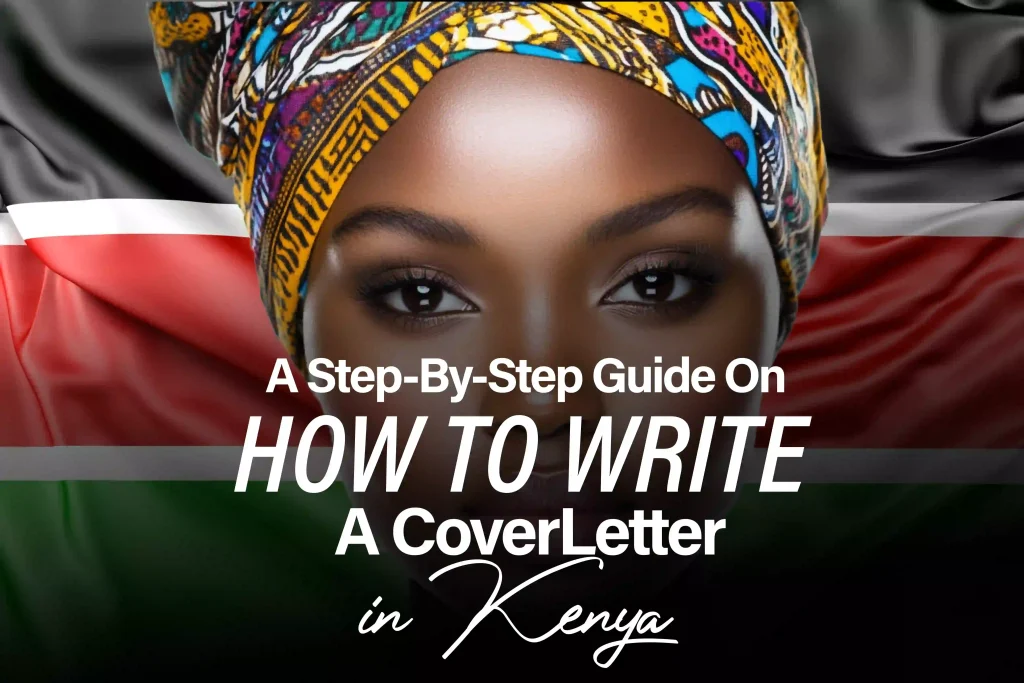Summary:
Writing a job-winning CV is paramount when job hunting in a competitive job market. In this article, we provide a comprehensive guide on how to write a CV in Nigeria that increases your chances of landing more interviews, and your dream job. Want to level up your CV game? Read on.
Be the Star in the Crowd: How to Write a CV in Nigeria to Land More Interviews, and the Job!
Whenever we want to buy bananas, we usually go for the ones that look fresh and smooth, and skip those with blemishes.
Even though we haven’t peeled them yet, their appearance hints at what’s inside.
Like you and I, people often make decisions based on first impressions.
Whether as trivial as choosing a banana or as significant as hiring a candidate, first impressions play a huge role in shaping decisions. The hiring process is not an exception.
Have you ever wondered why some candidates often seem to get called for interviews while others don’t?
The secret mostly lies in the CV.
Your CV makes a first impression that either makes recruiters want to interview you or causes them to skip your application in 15-30 seconds.
In a fiercely competitive job market like Nigeria, a standout CV is often your surest way to be the star in the crowd.
You need to put your best foot forward when you write a CV for a job because – take it or leave it – a perfectly crafted CV will always win.
With employers reviewing countless applications, your CV needs to make an immediate impression.
Don’t expect this trend to go away anytime soon.
Right now, tailored and professional CVs are setting candidates apart, and those who focus on showcasing their skills and achievements smartly are leading the pack.
Big companies in Nigeria, both local and multinational, are looking for candidates who can demonstrate value right from their CVs.
Thus, by all means, you need to know how to craft a CV that checks the boxes below:
- Stands out
- Showcases your achievements and strengths
- Lands you an interview
Certainly sounds challenging, doesn’t it? You are probably wondering, “How do I make sure my CV stands out at first glance?”
Don’t worry, that’s exactly what this article is all about.
We’ve broken down exactly how to write a CV in Nigeria that gets noticed and boosts your chances of getting hired.
How to Write a CV in Nigeria Effectively
- Dig deeper to uncover the reasons behind the job opening. For example, ask the advertiser or staff on LinkedIn when possible. Ask yourself, ‘Why is this position available?’
- Then consider, ‘How can I tailor my CV to show I’m the ideal candidate to fix those particular organisation’s problems?’
- To help your CV pass the filters used by Applicant Tracking Systems (ATS), add job description keywords naturally to your summary, bullet points, and skills. This helps make sure your CV fits what companies are looking for.
- Finally, effectively market yourself through the essential sections of a standard CV, including:
- Contact Information and Headline: Present your professional identity.
- Summary: Highlight your extensive experience and key accomplishments.
- Work Experience: Show your track record of success in similar roles and contributions to past employers.
- Skills: List pertinent soft skills, technical skills, and software expertise.
- Education: Demonstrate your academic and professional training.
- Other: (Optional) Include any other relevant sections such as awards, certifications, interests, professional memberships, etc.
I have explained each of these in more depth in the section, ‘How to Write a CV in Nigeria: The DETAILS.’
Key Takeaways:
- Tailored CVs with optimised summaries and clearly highlighted skills, experience, and achievements can capture recruiters’ attention in 15-30 seconds.
- Focus on structuring your CV to be clear, concise, and professional—this will help you stand out to recruiters.
- Research the job description and include relevant keywords and phrases to ensure your CV passes through Applicant Tracking Systems (ATS).
- Best practices include using action words, quantifying your achievements where feasible, and customising your CV for each job application.
- Use headings and bullet points to enhance readability as well as make it easy for recruiters to find key information.
- You can use CVJury’s free intuitive CV builder to write a professional CV like a pro.
What is a CV?
- A CV, or Curriculum Vitae, is a document that provides a detailed overview of your educational background, work experience, skills, achievements, and other relevant information.
- It is a crucial document that can make or break your job application in Nigeria.
- A good CV can increase your chances of getting your desired job.
Pro Tip
The Difference Between a CV and a Resume
A CV offers a complete history of your academic and professional achievements, making its length flexible. In contrast, a resume is a brief, targeted summary of your expertise and qualifications for a specific job.
Why You Need a CV
- A well-crafted CV is essential for job seekers in Nigeria, as it provides a good first impression to hiring managers.
- Many employers in Nigeria require a CV as part of their application process.
- A CV helps to showcase your skills, experience, and achievements, making it easier for hiring managers to assess your qualifications.
CV Formats in Nigeria
- There are different CV formats in Nigeria, including traditional and modern templates.
- The choice of a CV template depends on the company or industry you are applying to join.
- Traditional templates are often used for conservative industries, while modern templates are used for creative and innovative industries.
- The chronological and functional CV formats are the two most commonly used CV templates. Some people also use the hybrid CV (or combination) which marries the best features of the first two formats. It gives an equal weight to expertise and experiences (work history).
Example: The Chronological CV Format
The Functional CV Format
You can also select a CV in terms of modern, creative, traditional (or conservative), or senior (or premium) criteria.
Modern CV Templates
Characteristics:
Mixes usual information with:
Simple, neat design styles
Lists with bullet points
Smart use of colours
Industries:
These are great for many jobs but are best for roles in marketing, tech, creative fields, and the like where a clean and modern look is valued but still needs to be professional.
Modern CV Template Examples on CVJury App
Looking for assistance with writing your CV in Nigeria? Explore our app below:
Creative Resumes
Characteristics:
Unique layouts
Bright colours
Fun fonts
May also have special things like pictures, graphs, or video links for online versions.
Industries:
These are loved by jobs in IT, design, entertainment, advertising, and arts, where being creative and different is very important.
Creative CV Template Examples (CVJury App)
Traditional or Conservative Resumes
Characteristics:
Old-style layout
Usually in black and white
Uses common fonts like Arial, Calibri, and Times New Roman
Industries:
Best for fields like finance, law, accounting, healthcare, and government, where a more formal and classic style is preferred.
Traditional CV Template Examples on CVJury App:
Senior or Premium Resumes
Design Characteristics:
Uses fresh designs with bright colours
Different fonts to make your resume stand out
Made to highlight your best features and big career moments
Tailored for Specific Sectors:
Perfect for fields like design, advertising, arts, tech, and entertainment, which need a resume showing your creativity and new ideas.
Premium CV Template Examples by CVJury
How to Write a CV in Nigeria: The DETAILS
If you understand these details well and follow my expert advice carefully, it will make your CV hard for recruiters and employers to ignore from now on.
CV Structure
A CV should have a clear, concise structure, with relevant sections that highlight your abilities and experience.
The typical sections of a CV include contact information, professional statement or career objective, employment history, education, skills, and references (optional).
Contact Information
Contact information is one of the most important sections of a CV, as it provides a way for hiring managers to get in touch with you.
When you write a CV for a given job application, ensure that you include your name and professional title, email address, phone number, and location. LinkedIn profile (and any others, e.g., GitHub, portfolio website, blog, Dribbble or Behance, ResearchGate, or Google Scholar) are the others.
Pro Tips
Increase the font size of your name so it stands out from the rest of your contact details. This makes it more noticeable at first glance.
1. Name:
- First (middle name is optional) and last name.
- It’s best practice to add your professional title or targeted job role to immediately show your specialisation. For example,
Daniel Kolawole
IT Network Administrator
2. Email address:
- Use a professional one (e.g., Firstname.Lastname@email.com, which will impress better than girlisgood@email.com). Create a new one for job application needs if you have to do so.
- AOL and Hotmail are outdated email providers; you better avoid using them.
3. Phone number:
- Adding this makes it easier for recruiters to contact you.
- If it’s an international job, add Nigeria’s telephone code (+234)
4. Your location:
- Adding your location helps employers understand if you are a local or if relocation costs may be required.
- While a full address is ideal, just listing your city and state is usually enough.
- Mention “Willing to Relocate” or “Open to Relocation” (put this in brackets after your address) if you will be willing to do so.
If you are responding to a job in another country then your CV should be tailored to that country’s acceptable CV styles and formats.
5. LinkedIn profile ID:
- Remember to edit your URL to a custom one. For example, www.linkedin.com/in/danielkolawole-it-network-administrator/✔ is better optimised for more visibility to recruiters than the default www.linkedin.com/in/danielkolawole-b608a31a/ X
- Follow the easy steps in this article’s link (subheading Number 4), if you don’t know how to write or customise your LinkedIn profile URL.
Professional Statement or Career Objective (+ Examples)
- Think of your professional statement or career objective as a brief sales pitch where you are the product.
- We recommend keeping it simple by calling it either ‘Summary’ or ‘Profile.’
- It is positioned right at the top, just below your name and contact details.
- A professional statement or career objective is a snapshot of your expertise and accomplishments, giving recruiters an overview of who you are without them having to dig through your entire CV.
- It can also be presented in bullets.
- A professional statement or career objective should be tailored to the specific job you are applying for, not generic.
Why is a professional statement or career objective important?
You’ve probably heard countless times that your CV is your chance to make a great first impression.
Well, your professional statement or career objective is where that impression starts. It can be the make-or-break factor in whether a recruiter decides to dig deeper into the rest of your CV.
Why? Because it’s the ‘summary’ of your career summed up in 2 to 3 sentences.
For obvious reasons, this section of your CV is very crucial as it acts like a sneak peek into what the rest of your CV has to offer.
It should summarise key work accomplishments, abilities, experience, professional goals, and motivation for applying for the given role.
So, How Long Should Your Professional Statement or Career Objective Be?
We recommend that you keep your (personal) statement or career objective short and punchy. Aim for around 3-5 sentences or bullet points—enough to make an impression without dragging on. Ideally, stick to 3-4 concise bullet points, but don’t go below 2.
You can also start with a brief intro paragraph (relevant to the job) that covers your job title, years of experience, and what you bring to the table.
Pro Tips
Other names people use for CV summary:
Profile
Summary
Career Summary
Profile Summary
Professional Summary
Personal Statement
Job Objective
Objective
Career Objective
Professional Statement Vs Career Objective: Difference and When Should You Use Each? (+ Examples)
Most people mistake a professional statement or career objective as just basic introductions when you write a CV for a role, but there’s more to them than that.
If you’re unsure whether to write a professional statement or a career objective for your CV, the first step is understanding the key difference between the two.
When written well, either section can add tremendous value to your CV.
Here’s what each is designed to do:
Professional Statement:
This focuses on showcasing your experience and skills, highlighting your accomplishments in such a way that makes a strong impression on the recruiter.
It’s typically used by individuals with considerable years of relevant work experience.
Example of a professional statement:
Results-focused financial analyst with over 5 years of experience in streamlining financial processes, conducting data-driven analysis, and ensuring accuracy in reporting. Proficient in optimising accounting procedures, reducing errors, and delivering actionable insights to support strategic business decisions.
Resourceful Machinist with [Number] years of experience in mechanics, shop mathematics, and machining procedures. Proficient in operating standards and tool management. Reliable and adaptable, ready to support team goals and take on additional responsibilities.
Like this post?
We’ll send you A FREE job interview eBook as a thank-you.
Career Objective:
In contrast, this is all about your goals and what you’re looking to achieve within the organisation or role you are applying for. It emphasises your ambitions, passion, and career direction.
This is often used by fresh graduates or those with limited experience.
Example of a career objective:
Conscientious and agile-oriented project manager seeking a mid-level role in a dynamic organisation to leverage leadership skills, strategic planning, and problem-solving abilities to deliver impactful projects and contribute to the company’s growth.
A General Guideline on How to Write a CV Professional Summary:
- Introduction:
Role Title: Resourceful Machinist
Years of Experience: [Number] years
Specialisation: Mechanics, shop mathematics, and machining procedures
2. Key Skills:
Technical Skills: Proficient in operating standards
Industry Knowledge: Tool management
3. Professional Attributes:
Reliability: Reliable
Adaptability: Adaptable
4. Team Contribution:
Team Goals: Ready to support team goals
Additional Responsibilities: Willing to take on additional responsibilities
Example 2 (Adding 2 or 3 key achievement bullets): For A Senior Back-end Developer.
More Professional Summary Examples Below:
Highly knowledgeable logistic specialist with over 15 years of work history, helping to improve operations and teamwork in challenging situations. Proficient in managing supply chains, coordinating teams, and planning strategies. Known for these major accomplishments:
Improved the way Amazon moves items that aren’t for sale, leading to an X% better rate of keeping customers and creating a team that knows multiple jobs.
Led the training and checking of more than 95 top workers at Amazon, which helped reduce costs in the process of sending items out.
Find the best adjectives to use (and those to avoid) in introducing your CV profile summaries.
5 Alternative Formats to Present Your CV Summary
Career Objective Examples:
Example 1:
Results-focused Costing Analyst with 5 years in marketing, aiming to transition into a Brand Development Specialist role.
Example 2:
Front-end developer experienced in Agile methodologies, seeking to apply skills in the non-profit sector to drive impactful digital solutions.
Example 3:
Chartered Accountant (ACCA) aspiring to leverage expertise in a management position within the foods & beverages industry.
Example 4:
SEO specialist with a focus on backlinks strategy, technical SEO, and on-page optimisation, looking for a dynamic role in a marketing agency.
Checklist for Professional Summary and Career Objective:
Does your summary highlight your standout achievements and unique strengths?
Are your key skills and accomplishments aligned with the top requirements of the job you’re targeting?
Does your career objective reflect your long-term professional goals?
Employment History
Employment history is the most important section of a CV, as it shows recruiters that you have the professional experience necessary to work well in the role you are pursuing.
A good CV should include a reverse-chronological format for employment history, with job titles, company names, and dates of employment.
In this CV format, you start by listing your most recent relevant work experience at the top of the segment and proceed backward.
When well-crafted, your employment history should serve as a clear picture to the recruiters and tell these four key information about you:
- How long do you tend to stay in each role?
How have you grown or advanced in your career?
The abilities and expertise you’ve gained are valuable to the job.
The measurable benefit you’ve brought to past employers.
RELATED READING
FINDING A JOB IN NIGERIA
JOB SEARCH CASE STUDY
Learn effective job search strategies focusing on one job, optimising your LinkedIn profile, and connecting with HR managers and alumni for better results.
A strong employment history must contain the following:
Job Title/Position
Start by putting your exact job title at previous companies at the top of each entry. This makes it super easy for the hiring manager to see what you’ve done and how it fits with the job you’re applying for today.
Company Name, Location, and a Quick Description
The names of the previous companies you’ve worked in and where they’re located should come next. If the company isn’t widely known, add a one-liner about what they do to help the recruiter understand the context.
If you worked remotely, just put “remote” instead of the location.
Don’t forget to spell out the company name, especially if it uses an acronym that might not be clear. Little details like this can make a big difference.
Dates of Employment
Include the dates you worked at each company, either by listing the month and year or just the year, depending on your job history.
You don’t need exact dates. Typically, the dates are placed to the right of your job title or company name, but they can also go right under the job title.
If you’re still in your current role, just use “present” instead of an end date.
The standard format for employment dates is mm/yyyy (e.g., 02/20XX).
However, you can use other styles:
3rd February, 2030
03/02/2030
02/2030
2/2030
February 2030
Feb 2030
Responsibilities and Accomplishments
Now, this is the most critical aspect of your work experience as it is where you list out the stuff you’re made of, especially your standout achievements.
When listing your responsibilities, focus on presenting them as more than just routine tasks. Instead, concentrate on highlighting the results you achieved from your duties.
Achievements are all about the lasting impact you made on your previous job. They’re the meaningful outcomes you achieved while working.
Think of things you created, sold, started, or improved; think of how much you saved or made for the company. These are the standout moments that show your real contributions.
Pro Tip
Use positive action verbs throughout your work history to promote your achievements as they help to make a strong impression.
Alternative terms people use for the work experience section:
Work History
Experience
Industry Experience
Professional History
Work Background
Professional Experience
Employment History
7 Different Formats to Present Your CV Work Experience:
Education
Education is an important section of a CV, as it provides information about your academic background.
A CV should include your educational background in reverse chronological order, starting from the highest and latest qualification.
The way you highlight your education can make your CV stand out and shine as some roles require certain qualifications, and this is the best place to show that.
There are several ways to format your education section, depending on how much work experience you have and what details are most relevant to the job you’re applying for.
The three most important components of your education section are:
School name
Certificate obtained
Months or years attended
Other optional details you can add include your GPA (if yours was outstanding), any honours or awards, and other relevant coursework or programmes.
Pro Tip
There are various ways to format your education section, but consistency is key. Once you pick a format, use it throughout your entire resume to keep everything looking neat and cohesive.
Skills
Skills are another essential CV section, as they provide information about your technical, software, and soft skills.
Start by checking the job description for the key skills the company is looking for and list those at the top if you have them.
For example, if you’ve used several project management tools but the role you’re pursuing emphasises experience with a specific tool, highlight that tool first.
You can organise your skills with bullet points or group them by key areas, like “Technical Skills” and “Communication Skills.” Just make sure it’s straightforward to scan.
Top technical (hard) skills you can add:
Professional Expertise: Depending on your field, consider, for example, including skills like cloud computing, cybersecurity, database management, software development, or system architecture.
Qualifications: Highlight certifications and credentials like Certified Information Systems Security Professional (CISSP), AWS Certified Solutions Architect, CompTIA A+, Cisco Certified Network Associate (CCNA), or MBA.
Top soft (interpersonal or people) skills to include:
Communication Skills: This includes excellent speaking, writing, and listening skills as well as the ability to effectively understand body language, and motivate others.
Organisational Skills: Show how you implement new strategies, stay on top of projects to completion, and manage complex details.
Personal Qualities: Attributes like trustworthiness, honesty, self-discipline, good work ethic, and strong ethical standards.
Adaptability: Features like being confident, positive, flexible, and eager to acquire new skills.
See our comprehensive list of CV soft skill categories here.
Pro Tip
As you tailor your skill section for each job, showing how you’ve used these skills to achieve real results is much more effective than just listing them.
Select CV Optional Sections
Optional sections are those items you may decide to add or not depending on the requirements of the role you’re pursuing. For example,
Volunteer Works
Software
Volunteer Works
Publications
Honours And Awards
Public Speaking
Experience Highlights
Languages
Professional Affiliations
Certifications
Career Highlights
Accomplishment Highlights
Association Memberships
Interests
Career Overview
Professional Associations
Achievement Highlights
References
You may like to see more details of each of these in ‘How to Write a Resume‘
References
For some employers, references might be an important section in CVs, as they provide information about your professional network. We do not, however, encourage adding it to a CV because employers will always ask for references after you have passed the interview.
A CV should include at least two professional references, with their name, job title, and contact information.
Common Mistakes to Avoid on Your CV
Typos and grammatical errors can make a negative impression on hiring managers.
Using generic phrases and not tailoring your CV to a specific job can reduce your chances of getting hired.
Not including relevant keywords from the job description can make it difficult for your CV to pass through applicant tracking systems (ATS).
Find 42 common CV mistakes we found from our practical research (survey).
Tips for Writing a CV for Specific Groups
A fresh graduate? Focus on highlighting your educational background and any relevant internships or projects.
A professional with experience? Focus on highlighting your work experience and achievements.
Changing careers? Focus on highlighting your transferable skills and any relevant training or certifications.
How to Review and Improve Your CV
Get your CV reviewed by multiple people, including friends, family, and professionals in your industry.
Use online grammar checker tools, such as Grammarly, to review your CV for free.
Consider getting your CV professionally reviewed for a fee.
Contact help@deltaprofits.com for a special (promotional) Naira price.
How to Optimise Your CV for ATS
Use keywords and phrases from the job description to increase your chances of passing through ATS.
Customise your CV for each job application, using relevant keywords and phrases.
Stick to standard resume formats (e.g., Word or PDF) to ensure the ATS can read your document accurately.
Final Tips on How to Write a CV in Nigeria to Get a Job Quickly
Keep your CV concise (and to the point), with no more than 2 pages.
Use a clear and concise format, with relevant sections that highlight your expertise and experience.
Tailor your CV to the specific job you are applying for, using relevant keywords and phrases.
In the End: A Standout CV Always Wins
If you’ve applied all the steps and tips outlined in this article to craft your CV, it means you’re almost there in having a job-winning CV.
Before you hit send, let’s run through a quick CV checklist. Ask yourself:
Have I tailored my CV to a specific job application?
Did I use strong action words and relevant keywords?
Have I clearly highlighted my skills and achievements?
Is my CV format consistently well-structured from start to finish?
Have I used optimised fonts and bullets to make it scannable?
Did I include all the essential CV sections?
Have I proofread for spelling and grammar errors? Use Grammarly or Hemingway.
If you can say “yes” to all of these, you are good to go. Here’s wishing you the best of luck!
Next steps?
Now that you know how to craft a CV that increases your chances of landing interviews, don’t hold yourself back.
Put your new skills to use by trying CVJury’s free resume builder, cover letter builder, and LinkedIn profile builder. These tools can help start your journey to job success.
References:
- Wendy S. Enelow and Louise M. Kursmark (2000). Expert Resumes & LinkedIn Profiles for Managers and Executives. Emerald Career Publishing, USA.
- Skill-Based Hiring: Why Curiosity And Soft Skills Can Matter More
- Get support to find a job quicker with a career coach


